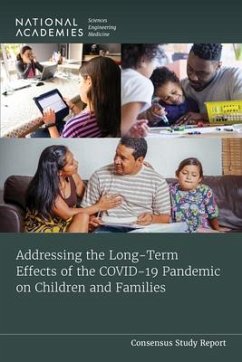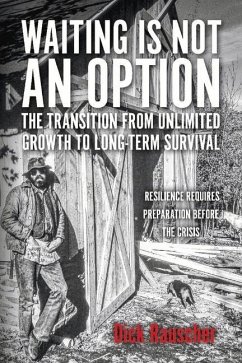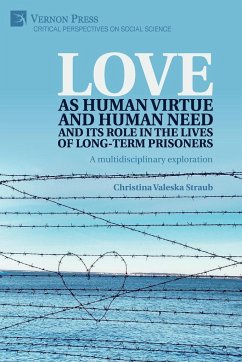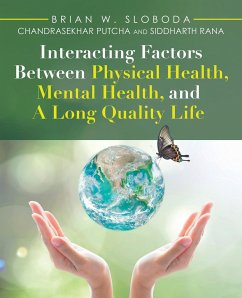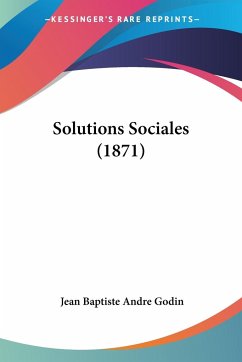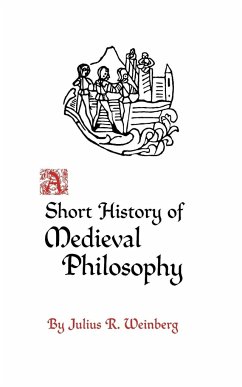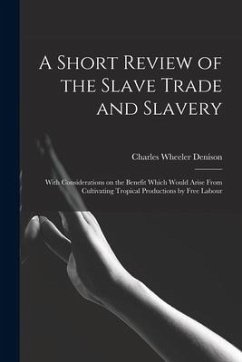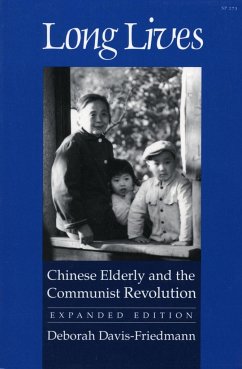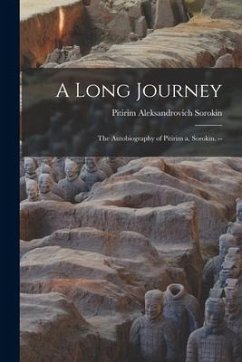Nicht lieferbar
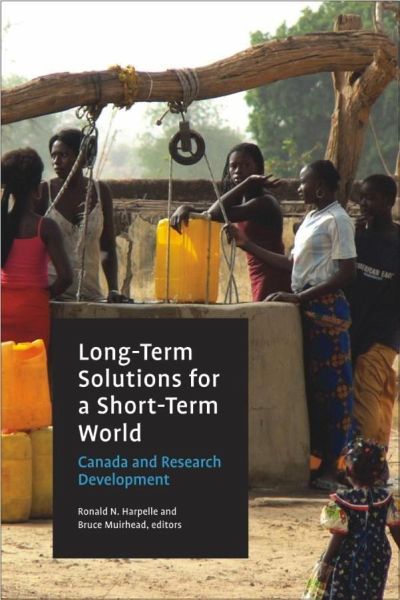
Long-Term Solutions for a Short-Term World
Canada and Research Development
Herausgeber: Harpelle, Ronald N; Muirhead, Bruce
Versandkostenfrei!
Nicht lieferbar
Long-Term Solutions for a Short-Term World demonstrates the complexity of the challenges that poor countries face and introduces the readers to the concept and impact of participatory research for development. Participatory research requires researchers to work with communities, governments, and other relevant actors to deal with common problems. Finding solutions requires participants to reflect critically on the cultural, economic, historical, political, and social contexts within which the issue under investigation exists. The book contains a collection of essays from development researcher...
Long-Term Solutions for a Short-Term World demonstrates the complexity of the challenges that poor countries face and introduces the readers to the concept and impact of participatory research for development. Participatory research requires researchers to work with communities, governments, and other relevant actors to deal with common problems. Finding solutions requires participants to reflect critically on the cultural, economic, historical, political, and social contexts within which the issue under investigation exists. The book contains a collection of essays from development researchers and professionals, each of whom is an activist who has made significant contributions to the struggles of the poor in their own societies. Essays are presented as case studies and, in each, the contributor explains the specific development problem, the paths followed to solve the problem, lessons learned as a result of the research, and the development challenges on the horizon in his field of research. Together, these essays present a fascinating picture of how some of today's most pressing development issues are being dealt with through research, demonstrating how interdisciplinary and alternative approaches can be implemented in new and innovative ways.




